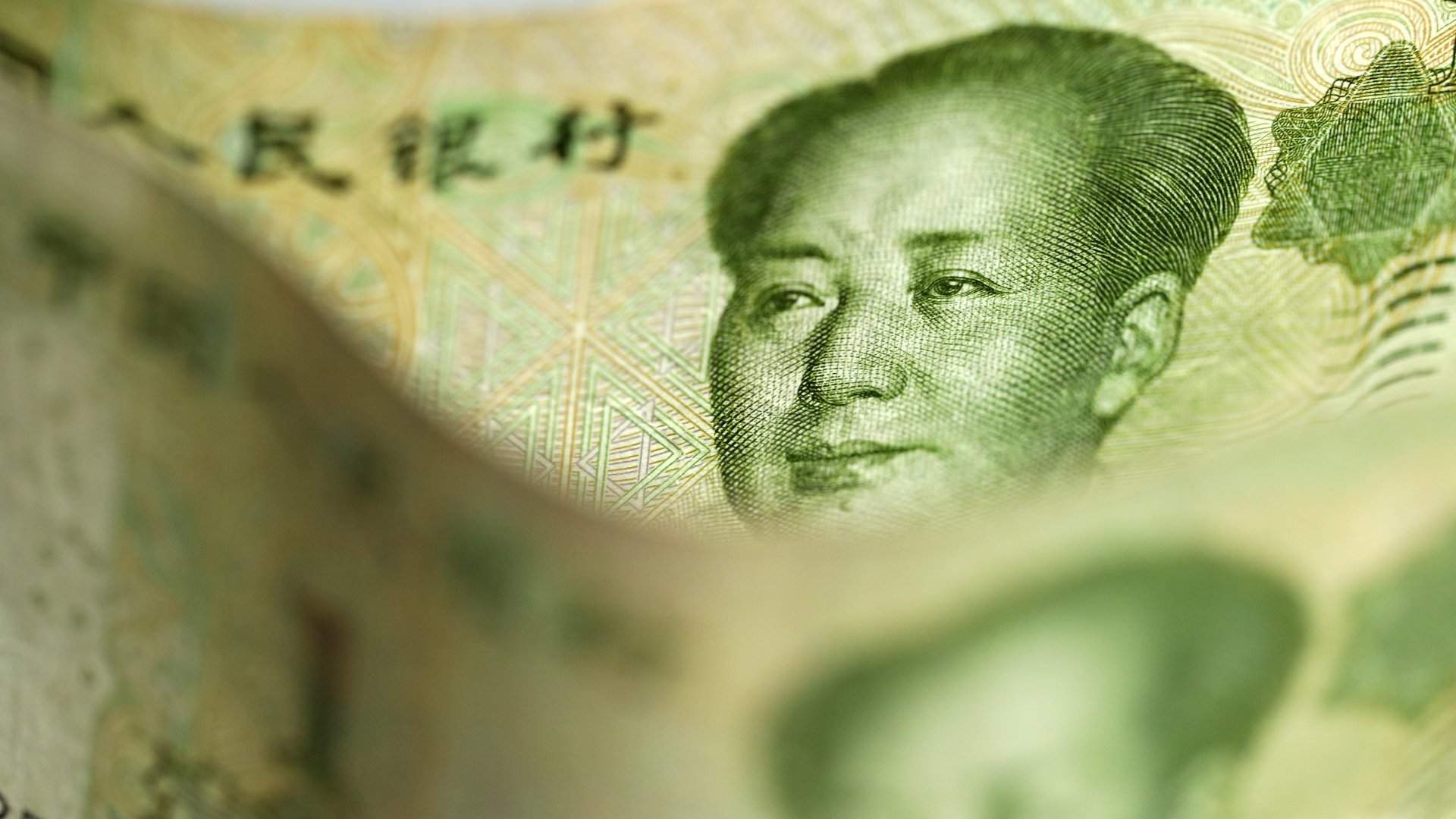
Global interest in the issuance and sale of yuan bonds grows
By Rhod Mackenzie
According to Liu Lin, the deputy head of the investment department of the People's Bank of China (PBOC), major issuers are trying to take advantage of the interest rate differential between China and the United States, and are therefore issuing and selling as many yuan bonds as possible, effectively increasing its weight in the international arena and assisting its efforts to become a global currency.
It is expected that the number of yuan bonds sold both in the Middle Kingdom and abroad will continue to grow. Liu Lin believes that the issuance of "dimsum bonds", i.e. yuan-denominated bonds issued in Hong Kong and placed outside mainland China, will reach a record 500 billion yuan ($68.4 billion) in 2023. As for "panda bonds", which are yuan-denominated bonds issued by foreign issuers but placed on the mainland's domestic market, their volume will grow by 50% both this year and in 2024.
"The interest of financial institutions around the world in issuing and selling yuan-denominated bonds is growing," said Liu Lin.
According to him, the financial capabilities of the Chinese currency have recently increased significantly .
"It is still early days, but we believe domestic yuan bonds will become one of the cornerstones of the (global) funding market in 2-3 years," said bond market analysts Timothy Tan and Jason Lee. "This will increase the use of yuan in trade settlements in the international arena."
In terms of monetary policy, the Chinese central bank and the central banks of the major developed economies are on opposite tracks: while Beijing's main bank is cutting its benchmark interest rate, the central banks of the US, the UK and the European Union have been vigorously raising rates for a year and a half. This causes the price of RMB bonds to fall. Now, the interest rate differential between the most common government bonds in China and the US - 10-year bonds - has reached its highest level since 2006. That's why foreign companies have issued and sold 128 billion yuan worth of yuan bonds in China this year. This is only 5% less than the record set in 2016. Meanwhile, there are still 3 months left until the end of 2023. Not surprisingly, there has been talk in the market recently that the yuan is becoming a cheap alternative to the yen.
The sales of offshore yuan bonds have totalled 440 billion yuan this year, already setting an annual record, according to Bloomberg.
Investors in dollar bonds and eurobonds are now naturally buying bonds denominated in the Chinese currency, especially if they are issued by the same issuers, says Liu. For example, Deutsche Bank AG issued its first three-year bond at the beginning of 2023, worth 1 billion yuan, with a coupon of 3.21%. The coupon on €550m of five-year eurobonds, issued at the same time as the yuan bonds, has already reached 5.375%.
